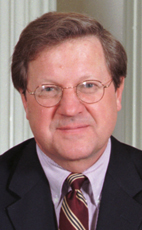Mr. Speaker, I spoke this morning with Kofi Annan on the peace proposal. Our discussions included the importance of a negotiating process.
There is no agreement at the moment. A group has put forward ideas. It is very important to develop a negotiating process. It is still too early to ask the House of Commons to express its view. When agreement has been reached, I would like an expression of support from the House of Commons, but at the same time—

